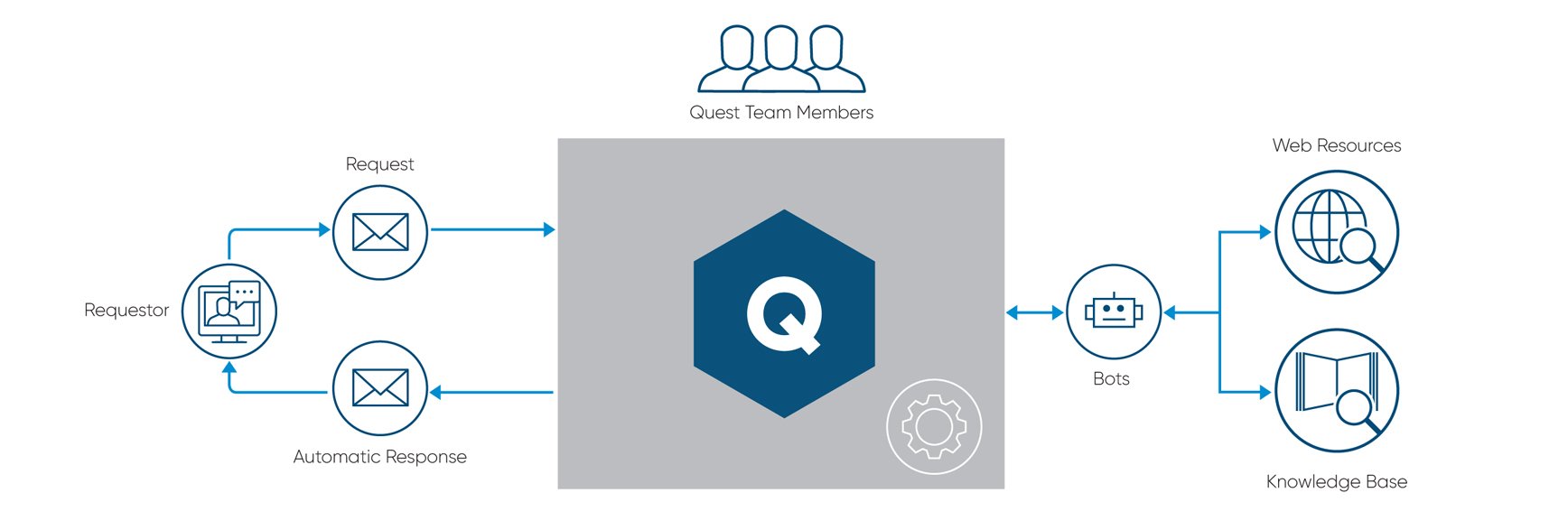API-first application development is an efficient, collaborative, cost effective, and customizable approach. It is also less risky, as developers can now rely on user-tested, reliable APIs that are already on the table.
In the development of legal software they allow for seamless integration with legal databases, automation of legal processes, collaboration with other legal software, customization of legal software, and improved security. By using APIs, legal software developers can now create powerful tools that help firms work more efficiently and effectively.
Why have an API-first development approach?
An API-first development approach is where the development of an application starts by designing and building the APIs before the user interface or any other part of the application. Increasing in popularity in recent years, there are several reasons why it is important for developers to be open to adopting this approach:
- Separation of concerns: By designing and building the APIs first, developers can separate the concerns of the API from the concerns of the user interface. This allows for greater flexibility and scalability.
- Reusability: APIs can be reused across multiple applications and platforms. Developers can build reusable components that can be easily integrated into other applications.
- Faster development: API development work can happen in parallel to the work of the UI team; with the UI team working on the user interface, while the API team works on the API.
- Improved testing: Developers can create a clear interface for testing this one part of the application. This allows for more comprehensive testing, ensuring that all components work together seamlessly.
- Better collaboration: This encourages collaboration between developers, UI designers, and other stakeholders, ensuring that everyone is working towards the same goal, improving the quality of the final product.
Why are APIs particularly useful in the development of legal software?
APIs are used in many different legal software tools to provide powerful functionality to legal professionals.
- Legal software often requires access to large databases of legal information. APIs can be used to integrate these databases directly into the legal software, allowing for seamless, and secure access to this information.
- Legal software often involves complex, multi-step processes, such as document creation or contract management. Through automation, APIs can be used to reduce the risk of errors, ensure compliance, and perhaps above all, save time and therefore cut costs for legal professionals.
- Legal professionals often use multiple software tools to manage their work. APIs can be used to integrate different legal software tools, allowing for seamless collaboration between different tools and reducing the need for manual data entry.
- Legal teams often have specific requirements. APIs can be used to customize legal software to meet these requirements, allowing for greater flexibility and ensuring that the software meets the specific needs of the end-users.
- APIs can be used to create secure access points to legal software, ensuring that only authorized users can access sensitive legal information.
What are some common legal software tools that use APIs?
There are many legal software tools that are already making use of APIs to provide powerful functionality to legal professionals:
- Case management: Manage cases more effectively by tracking case information, deadlines, and tasks. APIs can integrate case management software with other legal software tools, such as billing software or document management software.
- Document automation: Create legal documents quickly and accurately. APIs can be used to integrate document automation software with other legal software tools, such as case management software or billing software.
- Legal research: Access to legal databases, such as case law or statutes. APIs can be used to integrate legal research software with other legal software tools, such as case management software or document automation software.
- Contract management: Manage contracts more effectively by tracking contract information, deadlines, and tasks. APIs can be used to integrate contract management software with other legal software tools, such as case management software or document automation software.
- Billing software: Track billable hours and generate invoices. APIs can be used to integrate billing software with other legal software tools, such as case management software or document automation software.
By integrating different legal software tools using APIs, legal professionals can work more efficiently and effectively, saving time and reducing the risk of errors.
They also allow legal firms to expand their services by making it easier for third-parties to build custom integrations, tools, and applications that can be used within their systems.
In this way, TRG Screen and Lexis CourtLink have worked together to automate docket and complaint retrievals, saving time by eliminating the need for manual research.
Why use the integrated Quest/Lexis CourtLink functionality?
The integration of Quest and Lexis Courtlink improves efficiency by automating request workflows for retrieving routine materials such as patents and dockets. Rather than resources taking multiple steps to retrieve a requested document and manually reply to the requestor, the system is designed to automate the process with controls for knowledge managers to monitor and manage each request.
It also helps drive greater value for mutual customers by surfacing content from the largest collection of court dockets and documents within an established workflow tool used every day to efficiently distribute insights to practitioners that need it.

The benefits of APIs apply to all software development - no longer needing to write code from scratch, piggybacking off improved API user testing, collaboration opportunities, and development in isolation - and cannot go unnoticed. Overall, the API-first development approach provides a range of benefits for software developers. It allows for greater flexibility, scalability, reusability, and faster development. Additionally, it promotes better collaboration between developers and other stakeholders, which can lead to a better final product.
For legal firms, APIs enable easier access and incorporation of external data and services into their workflows – public court records, legal research databases, and e-signature services. Firms can better automate repetitive tasks, reduce manual data entry, and improve the accuracy and efficiency of their work and research. It promotes better compliance, better cybersecurity, and simpler bill tracking!
Did you know? This blog is part of a series of blogs. Read more: 4 key themes in the Legal sector for 2023: How well placed is your firm?
Is your firm moving forward with their legal professional services?






